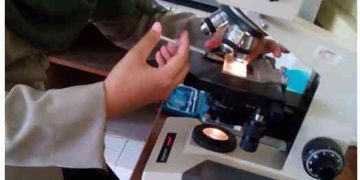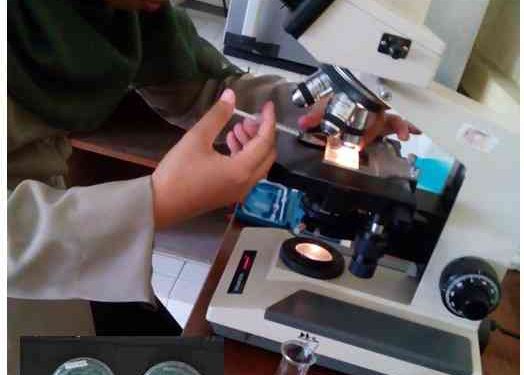#OrganicFarming #BiologicalControl #SustainableAgriculture #FertilizerRegulations #AgriculturalInnovation #FarmersTraining #EcoFriendlyFarming #FAOData #IndonesiaAgriculture #EnvironmentalSustainability
The demand for synthetic chemicals in agriculture remains high, with Indonesia ranking as the third-largest global consumer of pesticides in 2021, following Brazil and the United States (FAOSTAT, 2023). President Joko Widodo’s directive to revisit regulations on subsidized fertilizers emphasizes the need for a shift toward organic farming, promoting a redefined mindset and training programs for farmers.
President Joko Widodo’s guidelines highlight the importance of accommodating organic fertilizers, altering perceptions, and providing training for farmers in organic farming communities. However, the transition to organic farming poses challenges, including the rapid impact of synthetic chemicals compared to the slower response of organic alternatives.
Farmers often face a decline in yields during the transition from conventional to organic cultivation due to the difference in response time between chemical and organic inputs. This poses a significant challenge, especially for self-sufficient farmers aiming to adopt organic farming on a larger scale.
To address this challenge, one approach is the utilization of Biological Control Agents (BCAs), focusing on the natural enemies of plant pests. BCAs, including predators, entomopathogenic fungi, soilborne pathogenic fungi, and parasitoids, play a crucial role in controlling plant diseases and pests. Human intervention becomes necessary in certain conditions to boost the population of natural enemies and maintain ecosystem balance. This intervention, known as Biological Control, involves introducing, inundating, and augmenting natural enemies.
The selection of a suitable Biological Control Agent involves exploring potential natural enemies in the field, conducting viability and virulence tests, assessing parasitism and predation capabilities, adhering to Koch’s Postulates, and testing the suitability of artificial growth media. The chosen Biological Control Agents undergo development and testing in specialized laboratories.
The Primary Biological Control Laboratory at the Plant Protection Institute Pontianak is a vital technical facility covering the entire Kalimantan region. This laboratory plays a crucial role in exploring, selecting, and developing Biological Control Agents, contributing to the advancement of sustainable and organic farming practices.
The integration of Biological Control Agents marks a significant step toward sustainable and organic agriculture, aligning with President Joko Widodo’s vision. As farmers embrace these biological solutions, the agricultural landscape can evolve, reducing dependency on synthetic chemicals and fostering a more resilient and environmentally friendly future.































